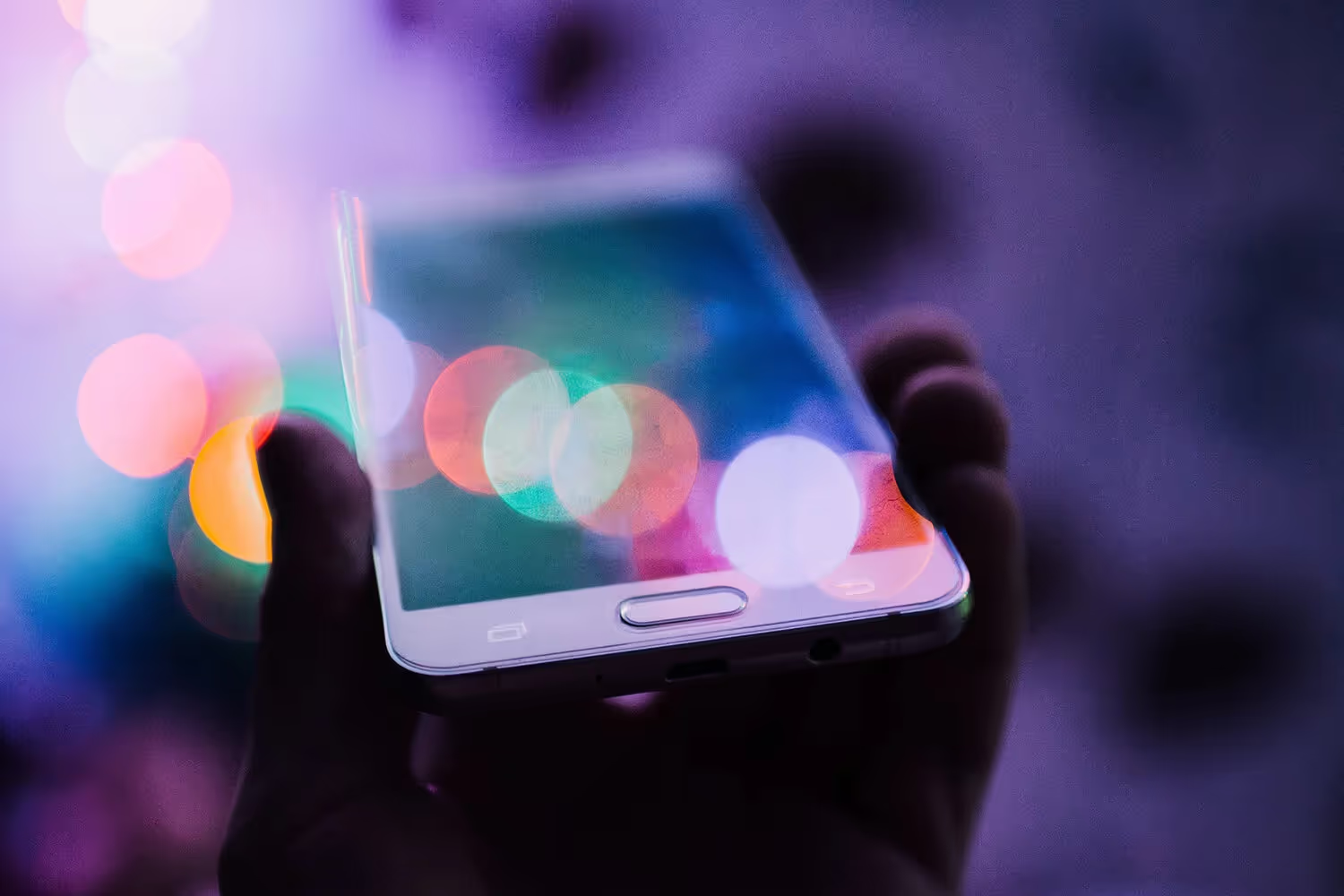The Pros and Cons of Social Media in Healthcare
Here are the pros and cons of using social media in healthcare.

Healthcare organizations are so busy already. It’s hard to stay on top of everything between taking care of patients, clunky electronic health record systems, and ever-changing industry.
But patients demand that these organizations keep up with social trends, and that includes having a social media presence. Adding this to your plate probably doesn’t sound like a priority, especially if you’re having trouble keeping your practice above water.
Except using social media can help spread the word about your organization and bring more patients through your doors. While it may be overwhelming trying to keep up with yet another task, this marketing technique can benefit your organization in so many ways.
Of course, before you get started you’ll want to weigh in on the advantages and disadvantages.
We’ve done that for you. Here are the pros and cons of using social media in healthcare.

Conclusion
There are both pros and cons associated with using social media as a healthcare organization. But there’s always good and bad things associated with anything you do.
Sure there are risks involved and it may be time-consuming but as long as you stick with it and develop protective policies you’ll see positive results.
You’re an expert in your field and the internet badly needs your wisdom. Once they know you have active accounts on the social web your organization’s popularity will grow. Thus increasing your revenue across the board.
Advantages and Disadvantages of Social Media in Healthcare Stats and Sources
- 2.65 billion people worldwide were using social media in 2018. This number is on track to increase to 3.1 billion by 2021 - Statista
- 80% of surveyed patients use the internet to make a healthcare-related search in the past year - Doctor.com
- 63% choose one provider over another because of a strong online presence - Doctor.com
- 42% of all adults would like to follow or be friends with their healthcare professional on social media - AAFP
- 90% of physicians use social media, and 65% are using it for professional reasons - NCB
- 92% of customers will hesitate to use a service if it lacks reviews entirely - Spectoos
- 42% of those viewing health information on social media look at health-related consumer reviews - ReferralMD
- In the first half of 2018, over 56% of the 4.5 billion compromised data records were from social media incidents - IT Web
- If employees don’t have proper training, there’s a greater risk for compliance violations - Etactics
- It takes the truth six times as long as falsehood to reach 1,500 people - NBC News
- Three-quarters of the top 10 shared health stories from 2018 were misleading or contained false information - Fast Company
- False news is 70% more likely to be retweeted than the truth - MIT Initiative on the Digital Economy
- You can’t control what everyone says, so there will be criticism or unrelated responses - Etactics
- More channels demand more time, but healthcare professionals already have limited time - Etactics
- People spend an average of 153 minutes per day on social media as of 2019. This average continues to increase - Broadband Search
- 65% of Americans try to self-diagnose health conditions using the internet, rather than just visiting a health professional - PhillyVoice
- The results of their searches caused stress for 74% of these people - PhillyVoice
Emphasize your product's unique features or benefits to differentiate it from competitors
In nec dictum adipiscing pharetra enim etiam scelerisque dolor purus ipsum egestas cursus vulputate arcu egestas ut eu sed mollis consectetur mattis pharetra curabitur et maecenas in mattis fames consectetur ipsum quis risus mauris aliquam ornare nisl purus at ipsum nulla accumsan consectetur vestibulum suspendisse aliquam condimentum scelerisque lacinia pellentesque vestibulum condimentum turpis ligula pharetra dictum sapien facilisis sapien at sagittis et cursus congue.
- Pharetra curabitur et maecenas in mattis fames consectetur ipsum quis risus.
- Justo urna nisi auctor consequat consectetur dolor lectus blandit.
- Eget egestas volutpat lacinia vestibulum vitae mattis hendrerit.
- Ornare elit odio tellus orci bibendum dictum id sem congue enim amet diam.
Incorporate statistics or specific numbers to highlight the effectiveness or popularity of your offering
Convallis pellentesque ullamcorper sapien sed tristique fermentum proin amet quam tincidunt feugiat vitae neque quisque odio ut pellentesque ac mauris eget lectus. Pretium arcu turpis lacus sapien sit at eu sapien duis magna nunc nibh nam non ut nibh ultrices ultrices elementum egestas enim nisl sed cursus pellentesque sit dignissim enim euismod sit et convallis sed pelis viverra quam at nisl sit pharetra enim nisl nec vestibulum posuere in volutpat sed blandit neque risus.

Use time-sensitive language to encourage immediate action, such as "Limited Time Offer
Feugiat vitae neque quisque odio ut pellentesque ac mauris eget lectus. Pretium arcu turpis lacus sapien sit at eu sapien duis magna nunc nibh nam non ut nibh ultrices ultrices elementum egestas enim nisl sed cursus pellentesque sit dignissim enim euismod sit et convallis sed pelis viverra quam at nisl sit pharetra enim nisl nec vestibulum posuere in volutpat sed blandit neque risus.
- Pharetra curabitur et maecenas in mattis fames consectetur ipsum quis risus.
- Justo urna nisi auctor consequat consectetur dolor lectus blandit.
- Eget egestas volutpat lacinia vestibulum vitae mattis hendrerit.
- Ornare elit odio tellus orci bibendum dictum id sem congue enim amet diam.
Address customer pain points directly by showing how your product solves their problems
Feugiat vitae neque quisque odio ut pellentesque ac mauris eget lectus. Pretium arcu turpis lacus sapien sit at eu sapien duis magna nunc nibh nam non ut nibh ultrices ultrices elementum egestas enim nisl sed cursus pellentesque sit dignissim enim euismod sit et convallis sed pelis viverra quam at nisl sit pharetra enim nisl nec vestibulum posuere in volutpat sed blandit neque risus.
Vel etiam vel amet aenean eget in habitasse nunc duis tellus sem turpis risus aliquam ac volutpat tellus eu faucibus ullamcorper.
Tailor titles to your ideal customer segment using phrases like "Designed for Busy Professionals
Sed pretium id nibh id sit felis vitae volutpat volutpat adipiscing at sodales neque lectus mi phasellus commodo at elit suspendisse ornare faucibus lectus purus viverra in nec aliquet commodo et sed sed nisi tempor mi pellentesque arcu viverra pretium duis enim vulputate dignissim etiam ultrices vitae neque urna proin nibh diam turpis augue lacus.


.avif)

